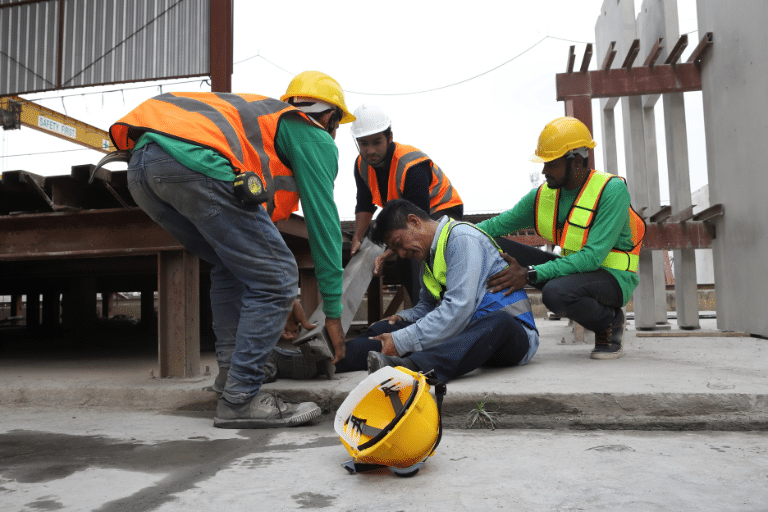Telemedicine has transformed the way healthcare is delivered. The convenience of virtual doctor’s visits has been a lifeline for many, especially during the COVID-19 pandemic. However, as the use of telemedicine continues to expand, so do concerns about potential medical malpractice cases.
What is telemedicine?
Telemedicine is the practice of providing medical care remotely via video, phone or other digital methods. It allows individuals to talk to healthcare professionals from the comfort of their homes. This reduces the need for in-person visits and improves accessibility to doctors. However, while telemedicine offers numerous benefits, providers may still be liable for medical malpractice if injury results.
Medical malpractice and telemedicine
Medical malpractice occurs when a healthcare professional’s actions or omissions deviate from the accepted standards of care, resulting in actual injury. In telemedicine, this might include:
- Misdiagnosis or delayed diagnosis: Remote assessments may not always provide a complete picture of a patient’s condition, potentially leading to misdiagnosis or delayed diagnosis.
- Lack of physical examination: Telemedicine lacks the hands-on aspect of traditional medicine, making it challenging for healthcare providers to conduct thorough physical examinations.
- Inadequate communication: Effective communication between patient and provider is crucial in any medical encounter. Technical glitches or misunderstandings during telemedicine visits can hinder communication.
- Prescription errors: Errors in medication prescriptions, dosages, or interactions can occur when healthcare providers rely solely on digital information.
- Privacy and data security: Mishandling of patient data or breaches of privacy can also violate patient rights, which may play a part in a personal injury claim.
How to handle a telemedicine malpractice claim
If you believe you’ve been a victim of medical malpractice in a telemedicine encounter, here’s what to do:
- Document everything: Keep detailed records of your telemedicine appointments, including dates, times and any communication with the healthcare provider.
- Get a second opinion: Consult another healthcare professional to assess your condition and provide an independent evaluation.
- Consult an attorney: Call the Law Offices of Tim Misny as soon as possible. We can help you assess your claim and guide you through the legal process.
- Preserve evidence: Preserve any evidence related to your telemedicine encounter, such as medical records, prescription orders, pain levels, follow-up appointments and more.
If you believe you’ve suffered harm due to negligence or substandard care during a telemedicine encounter, you have a limited time to file a lawsuit. Call the Law Offices of Tim Misny to make sure your rights are protected.
Talk to an Ohio medical malpractice attorney today
The Law Offices of Tim Misny may be able to help you with your telemedicine malpractice claim. If you or a loved one were injured due to a medical provider’s negligence or recklessness, I’ll Make Them Pay!® Call my office at 800-556-4769 so that I can evaluate your case right away.








